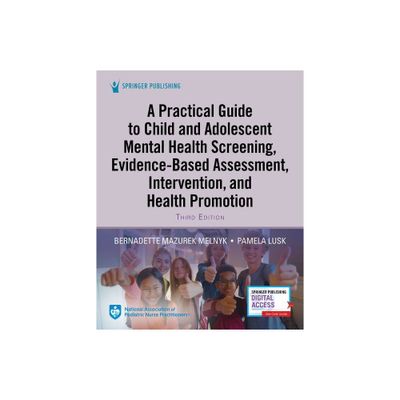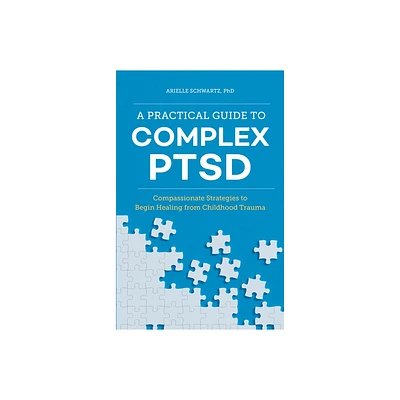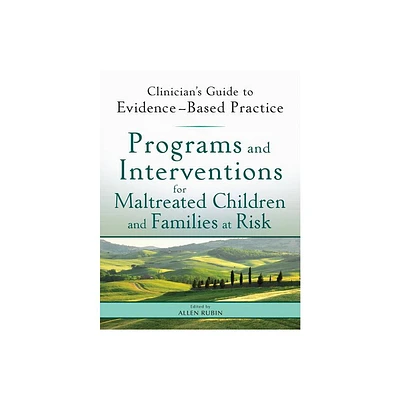Home
Psychological Processes in Deaf Children with Complex Needs: An Evidence-Based Practical Guide
Loading Inventory...
Barnes and Noble
Psychological Processes in Deaf Children with Complex Needs: An Evidence-Based Practical Guide
Current price: $42.95


Barnes and Noble
Psychological Processes in Deaf Children with Complex Needs: An Evidence-Based Practical Guide
Current price: $42.95
Loading Inventory...
Size: OS
*Product Information may vary - to confirm product availability, pricing, and additional information please contact Barnes and Noble
‘This volume offers a broad perspective on psychological processes in children with complex needs. Armed with this valuable tool, professionals, parents, and educators will be much better prepared to offer deaf and hard of hearing children the support and opportunities they deserve.'
- from the Foreword by Marc Marschark
Psychological Processes in Deaf Children with Complex Needs is a concise and authoritative guide for professionals working with deaf children and their families.
The effects of hearing impairments on learning, social development and family life can be profound. They can impact on attachment, parenting and family interaction, and can affect cognitive and neuropsychological processes including perception and memory.
This guide draws on the latest evidence to explain the impact of hearing impairment and uses case studies to focus on the key issues for assessment and intervention. It also suggests practical strategies for treatment and development for those working with hearing impaired children.
- from the Foreword by Marc Marschark
Psychological Processes in Deaf Children with Complex Needs is a concise and authoritative guide for professionals working with deaf children and their families.
The effects of hearing impairments on learning, social development and family life can be profound. They can impact on attachment, parenting and family interaction, and can affect cognitive and neuropsychological processes including perception and memory.
This guide draws on the latest evidence to explain the impact of hearing impairment and uses case studies to focus on the key issues for assessment and intervention. It also suggests practical strategies for treatment and development for those working with hearing impaired children.


















